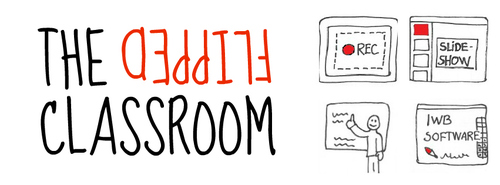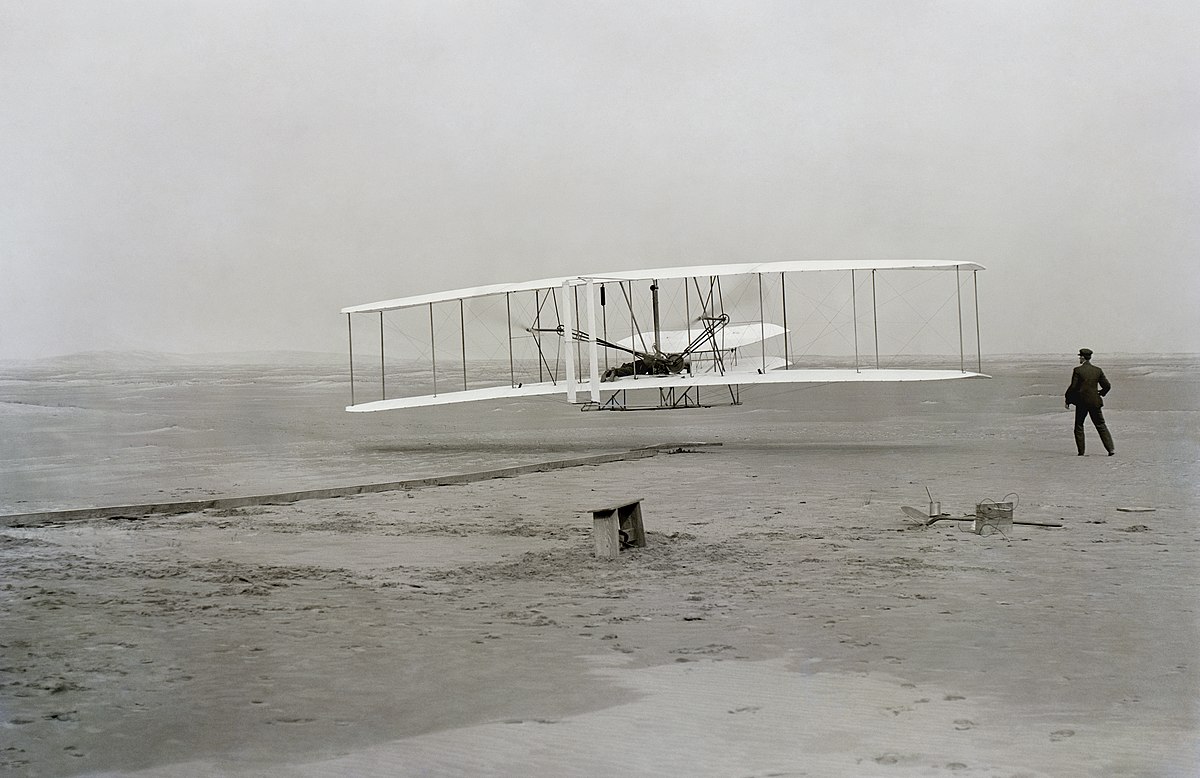One of the (many) non-teaching duties I have to do is to review applications for courses - it is as a Course Director that I have to do this, not as a Lecturer. I am Course Director for an NFQ level 8 Higher Diploma. There are set criteria for applicants, this is regarded as a postgraduate course - so it is relatively easy for applicants with a degree to be accepted. But what about those without a degree?
First - let's take a look at the word "postgraduate". It means that you should first be a graduate before continuing on this path of study. Courses such as these are designed for students who have completed undergraduate degrees. A BA or BSc is the ticket you need to get into a postgraduate course. There is no doubt in my mind that studying for a degree prepares students for postgraduate work (and academics all over the world share this belief). Studying through 1st, 2nd, 3rd, and 4th year builds students' learning abilities and critical skills such as higher-order thinking and problem solving. Also - there is no doubt that the ability to write good essays also develops over the four years of study. Learning outcomes at NFQ level 8 demand a significantly higher ability than lower levels. In all, a degree is an ideal requirement for postgraduate study.
Nevertheless, many people who apply for postgraduate courses don't have a degree. Many universities will not accept non-degree holders. The message very often is - "Come back when you have a degree". Some Colleges, such as NCI, offer a path through what we call RPEL (Recognition of Prior Experiential Learning) to get into postgraduate study. The idea is that applicants may have lots of experience that will enable them to complete the postgraduate course. For example, suppose a computer programmer with 10 years experience in software development, and who has set up their own company, applies for an MSc in Technology. Arguably they are more qualified than a fresh BSc in Computing graduate who has never worked on real software development. Usually I would recommend to the Admission Office that in a case such as this that the applicant be admitted to at least a level 8 course.
Basically - the idea of RPEL is that if you can demonstrate that you have done the equivalent of achieving the Learning Outcomes of a degree programme, then your experience qualifies you for the programme.
However, many cases are less clear than above and it becomes a little more difficult when applicants have experience that is short or not so relevant. I am then asked to judge whether they are capable of completing the postgraduate programme. This is not a pleasant task as often an applicant is highly committed and motivated to participate in a course that might change their lives. Some such applicants succeed very well, though many do find it tough and drop out. A one year Higher Diploma is a very attractive option for someone seeking a level 8 qualification compared to having to go through 3 or 4 years for a primary degree. Often my head says "No" and my heart says "Yes". I've no desire to put barriers to education in front of applicants, but I am mindful that it is a postgraduate course that I am dealing with.
NCI's mission statement is "To change lives through education". I reject very few applications.
PS
I deal with level 8 applications only.
NCI's mission statement is "To change lives through education". I reject very few applications.
PS
I deal with level 8 applications only.
















